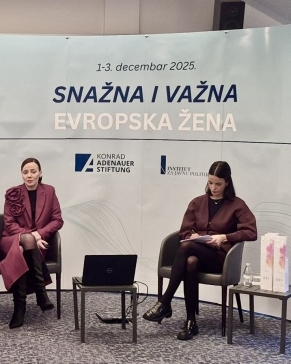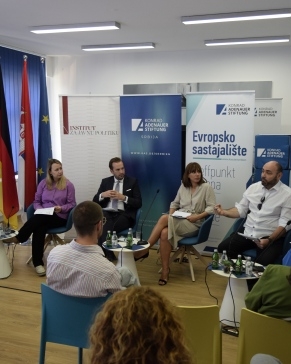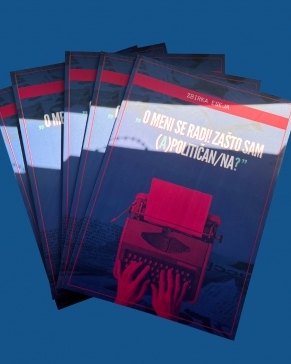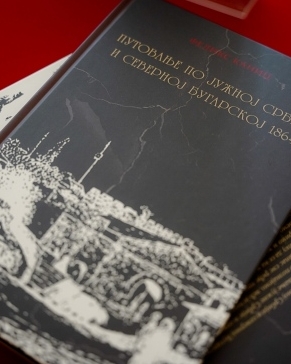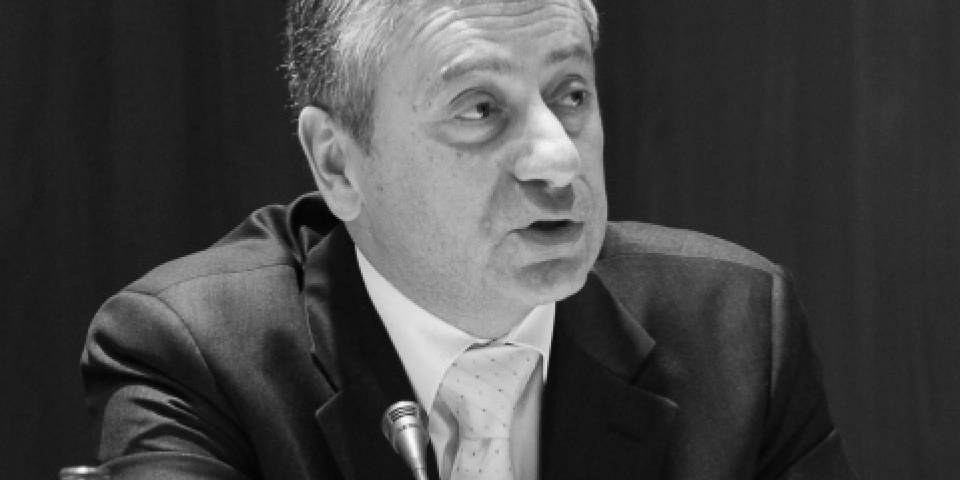
Since the very beginnings that were grounded in efforts, knowledge, feelings and hopes of post-war generations united Europe has never been further away from the fulfilment of strategic need for common foreign and defense policy. At the same time, the need for such orientation has never been more acutely felt.
The economic crisis of 2008, rise of nationalisms, left-wing politics, Islamism, energy and security threats, complicated relations with USA and Russia, political warming-up have accentuated aspirations for new divisions and isolation. Internal borders have started to reemerge again, is if they were drawn in invisible ink. Extremists from both left and right accuse united Europe of disunity in front of the wave of Near Eastern refugees; they accuse Europe for inhumanity, because in previous years the concepts of ethnic exclusivism and economic sovereignty in particular were promoted, concepts that erase the difference between creators of income and tens of millions of beneficiaries of incredible social privileges.
Absence of common, clear and determined foreign and defense EU policy has contributed to the failure of attempts to replace dictatorial regimes in Near East and North Africa with democratic institutions. While USA and Israel are subject to global condemnation and hate, and while anti-Americanism and antisemitism are forms of religious Nazism and leftist fascism, Arab Spring has removed tyranny of individuals and their families and camarillas, and in turn introduced dictatorship of tribal and sectarian fractions. However, the maxim that democracy belongs to those who directly enjoy it, and that they are the ones most responsible for its condition and development is not applied to those people. Thus the elements that discriminate and underestimate whole nations and cultures are being introduced in the interpretation of the most unfortunate areas of the modern world, a starting point for thousands of refugees who are hoping for primarily biological place in European civilization. Those peoples are actually victims of the most reactionary regional and world powers.
Putin’s fear of “colored” revolutions, fueled by his increasingly extreme surroundings, oligarchs, KGB men and church has contributed to the obstruction of attempts to replace Near Eastern dictatorships with democracy and free institutions. Syria is the most drastic example and paradigm of this human tragedy. “Siloviki”, the new Kremlin interest group, comprised from patriarch Kiril, Aleksey Miller, Gazprom director, Sergey Ivanov, Putin’s possible heir, are threatening with further deteriorations in relations that could disturb the peace, interethnic relations and economic development in Baltics and South Eastern Europe. In that way the European architecture would be fundamentally disrupted, regardless of Brussels’ bureaucratic contempt towards periphery and candidate countries. More dreadful than survival of Putin’s dictatorship is the perspective of post-Putinist future of Russia, and therefore the EU, which in case of further radicalization at top echelons in Russian government, is seen in the perspective of either violent expansion, by Ukrainian model, or new desintegration, like the one from 1991.
If Angela Merkel has started to renew values of Nazi Germany, her career would end up in hilarious downfall. Putin hasn’t received such condemnation by domestic and European public, when he began to renew values of Soviet communism. Fear or unwillingness to equalize two greatest evils of 20th century brings a new evil into 21st century.

